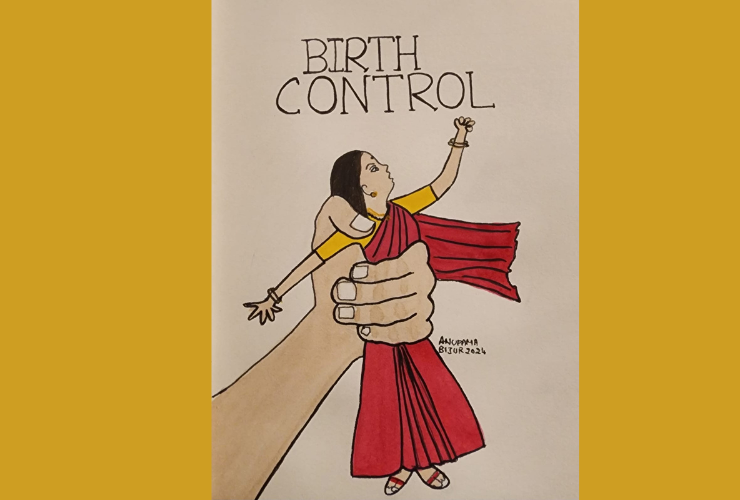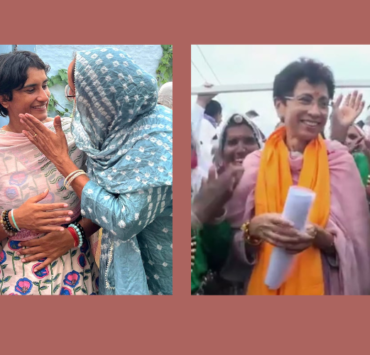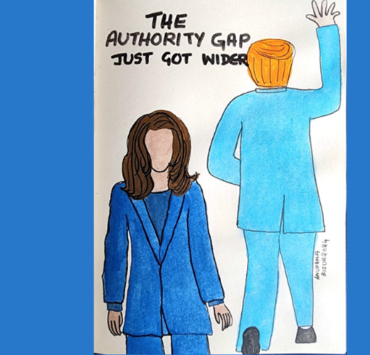

UPDATE
CDSCO has since issued a statement announcing that “The proposed amendment in Rules is for clarification for the benefit of consumers and is not changing the status quo. The strengths as defined in Schedule K, will be available without prescription, as it is available today. And all other remaining strengths will need a prescription, as it is required today.”
Please note that the intent of this post is to throw light on the use of contraception in India and why sexual and reproductive health care can contribute to giving women more choices and empowering them with information.
————————————————–
A six-member sub-committee formed by the Central Drugs Standard Control Organisation (CDSCO) is likely to recommend a ban on the over-the-counter (OTC) sale of all hormonal contraceptive drugs, including oral emergency contraceptive pills (ECP). This comes after the Tamil Nadu government raised concerns in 2023 about the “irrational usage” of ECPs by women and their impact on women’s health. (Source: TNIE)
While these are valid concerns, the why of the “indiscriminate usage” of the pill needs to be examined before proposing that ECPs become prescription medicines.
Also, this needs to be prefaced with the fact that ECPs cannot be treated as substitutes for contraceptives, and are for emergency use only.
The ECPs or morning-after pills are meant to prevent pregnancies if taken within a 72-hour window after unprotected sexual intercourse. Making it a prescription pill could make it harder for women to protect themselves from unwanted and accidental pregnancies, because it is a time-sensitive pill.
Ensuring universal access to sexual and reproductive health-care services, including for family planning, information and education, and the integration of reproductive health into national strategies and programmes, is one of the Sustainable Development Goals of the UN.
The WHO site states that the side effects of ECPs are similar to that of using oral contraceptives, and the effectiveness of ECPs can be compromised if a person is on certain medications like drugs for epilepsy, for example. In cases of repeated usage of ECPs as a substitute for regular contraceptives, counselling is advised to look at other methods.
What’s needed immediately is a focussed information campaign on ECPs, their usage, side effects, the consequences of repeated use etc, to enable more women to make informed choices.
The burden of preventing pregnancies, managing unplanned pregnancies and worrying about sexual and reproductive health is a responsibility that women have had to bear, single-handedly, in majority of the cases.
The National Family Health Survey (NFHS – 5), a comprehensive survey by the Indian government, throws up interesting statistics on contraception in India.
The use of contraception has increased from 47.8 % (2015-16) to 56.6 % (2019-21, when the last survey was done.) But female sterilisation is the most popular form of contraception and it increased from 36% to 37.9% between the two surveys. However, male sterilisation remained unchanged at 0.3 %. Only 9.5 % of men in India use condoms. Half of men in UP, Bihar and Telangana and 45% of men in Karnataka said contraception was a woman’s problem.
According to WHO, every year, 74 million women living in low- and middle-income countries become pregnant accidentally. As a result, 25 million unsafe abortions and 39,000 maternal deaths occur each year.
Thwarting easy access to ECPs could result in women and couples adopting unsafe methods to prevent pregnancies. While safe ECPs and easy access could be the magic bullet, perhaps we could consider making some kinds of ECPs as prescription pills or sold with age restrictions. In some countries, levonorgestrel (LNG ECPs) are sold without prescriptions but ECPs with 30 mg of ulipristal acetate (UPA ECPs) require a prescription. More on emergency contraception in the world: https://www.ec-ec.org/emergency-contraception-in-the-world/
A ban may also lead men and women to adopt illegal ways of procuring ECPs. While ECPs can’t be used as a substitute for contraception, women and men need to be informed of its danger if any and get more men involved in taking responsibility for contraception. It’s important to inform before you impede.
Disclaimer: The information in this article is not advice and should not be treated as such. Please consult a doctor if you want advice regarding medical matters.
InkSights is a monthly art series by NWMI member Anupama Bijur viewing current affairs through a gender and news lens.




